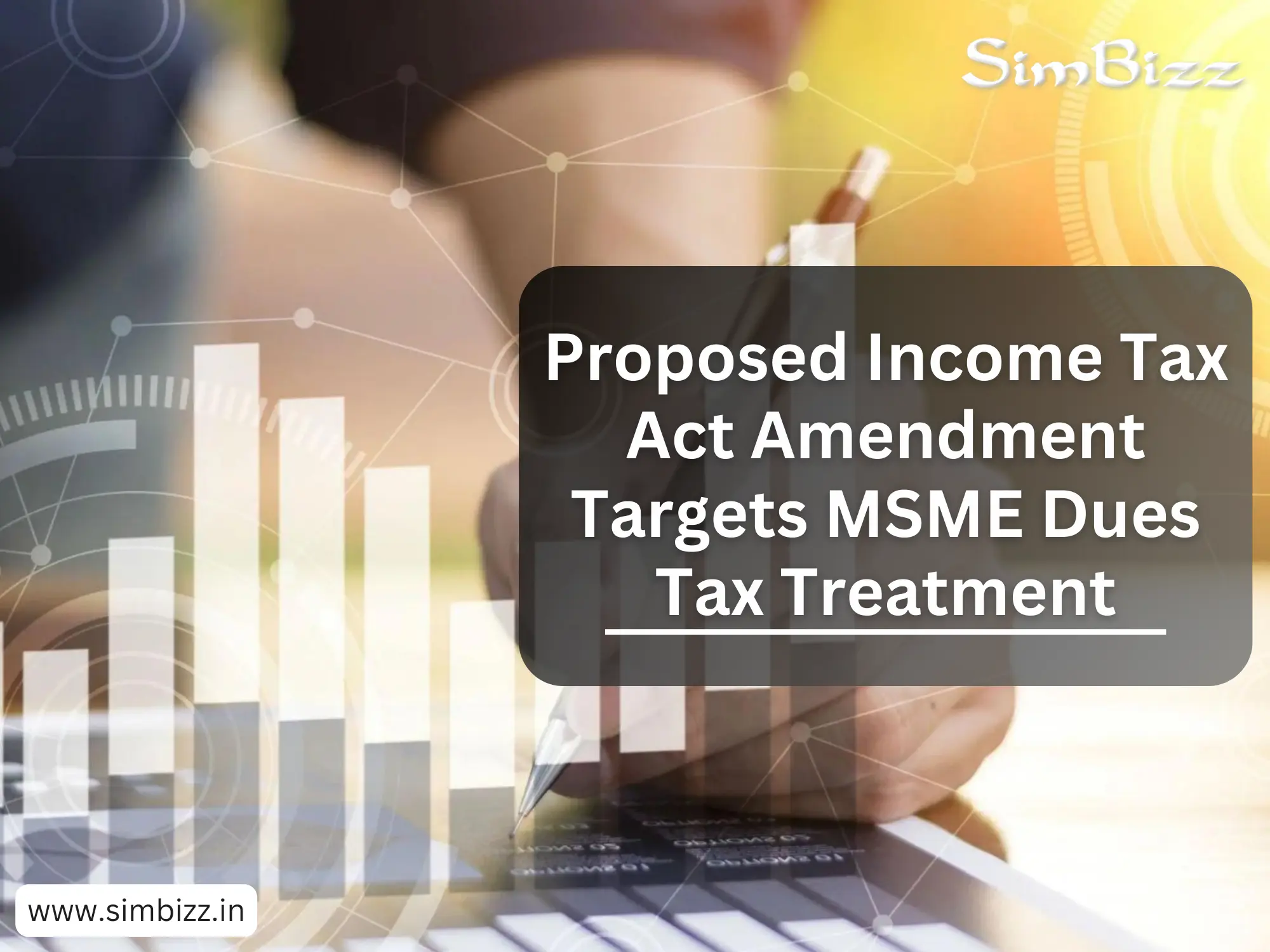A recent alteration in the Income Tax Act, aimed at bolstering small businesses by ensuring timely payments, might have inadvertently deterred potential buyers from engaging with them. Sources familiar with government discussions hint at a possible revision in the Act during the forthcoming FY25 full budget session in July.
The proposed adjustment, however, remains shrouded in ambiguity. One insider suggests that Clause H of Section 43B could potentially be eliminated. Another source cautions against premature speculation regarding the specifics of the impending amendments, both requesting anonymity.
The introduction of Clause H in Section 43B of the Income Tax Act, under the Finance Act of 2023, was designed to alleviate liquidity challenges faced by MSMEs. This clause stipulates that delayed payments to small businesses can only be claimed as expenditure in the financial year of actual payment, not when the liability arose.
Despite its noble intent, concerns have arisen among small businesses regarding unintended repercussions. There is apprehension that large procurers might shy away from dealing with small firms to circumvent this provision. To address these apprehensions, adjustments are anticipated in the Finance Bill slated for presentation during the FY25 full-year budget.
Tax expert Ved Jain, echoing these concerns, advocates for the removal of this provision, asserting that the Income Tax Act should primarily serve fiscal objectives rather than broader social agendas.
Jain elucidates the potential ramifications for buyers of MSME goods and services. Delays in payments could lead to a surge in tax liabilities for businesses during the fiscal year, along with possible profit depressions upon eventual payment. Additionally, negative incomes could prolong the offsetting process against future profits, creating further financial strain.
The definition of timely payments, as per the Micro, Small and Medium Enterprises Development (MSMED) Act, stands at 15 days, extendable to 45 days under contractual agreements. However, in various industries, payment cycles often exceed these stipulated durations, spanning three to six months.
Finance Minister Nirmala Sitharaman acknowledges the concerns raised by small businesses, indicating a comprehensive review undertaken by the finance ministry to ensure adherence to payment cycles by central public sector undertakings. However, challenges persist in tracking dues from state PSUs and the private sector, prompting solicitation of suggestions.
FM Sitharaman underscores that the 2023 Income Tax amendment aimed to incentivize timely payments, citing instances where businesses exploit fiscal benefits despite flouting payment timelines. While the minister refrains from divulging government plans for the full budget, insiders affirm the intention to address unintended consequences in the upcoming Finance Bill.
The current provisions afford flexibility for delayed payments such as taxes and loan interest, allowing deductions upon payment before filing tax returns. However, this leniency is conspicuously absent for delayed payments to small businesses, exacerbating their financial predicaments.


